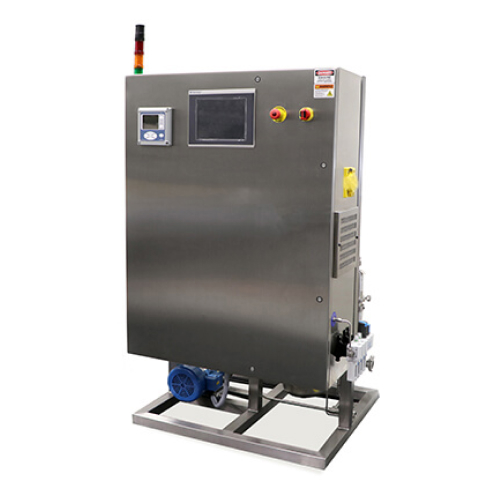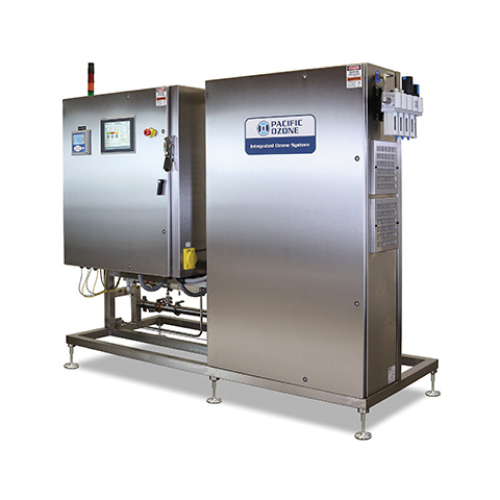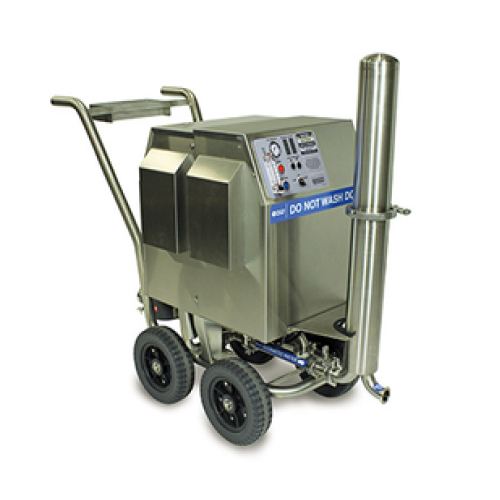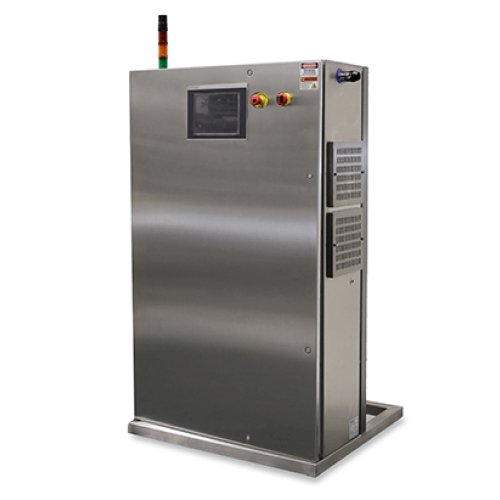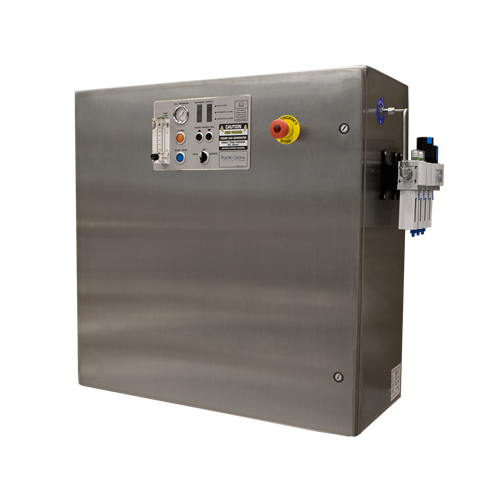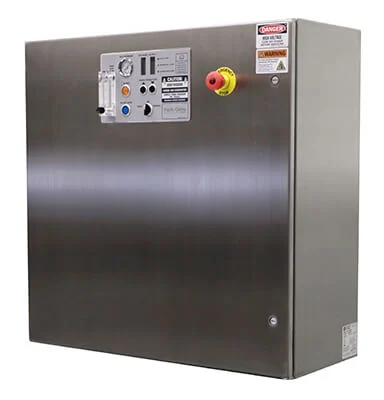Recent Posts
Use of ozone disinfection of water and surfaces in food production facilities
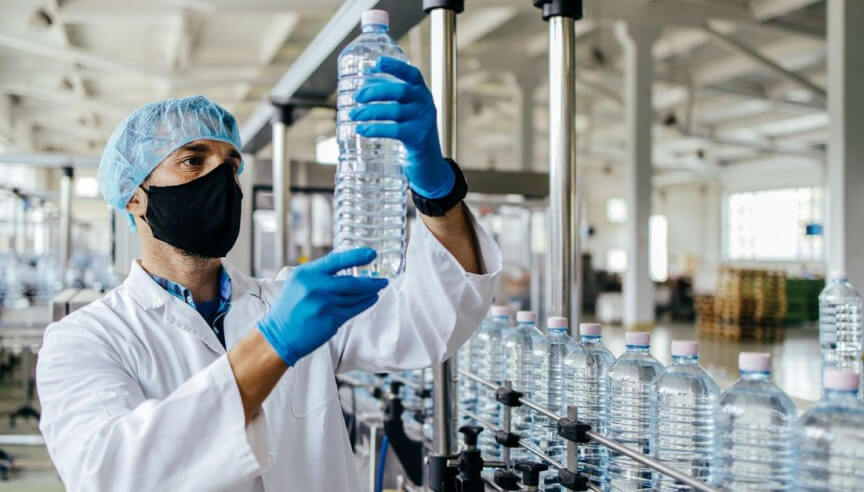
Ozone water sanitization technologies. Disinfection of drinking water and CIP sinks. Engineering solutions from AQUAANALYTIC.
Ozone Disinfection in the Food Industry
Ozone disinfection plays a significant role in the food industry, particularly in ensuring food safety and extending the shelf life of various products. Below, I’ll provide information on ozone disinfection in the food industry, the ozonation of water, and ozone generators used for these purposes:
Ozone Disinfection in the Food Industry:
- Why is ozone used in the food industry?
Ozone is a powerful disinfectant and sanitizer. It is used to kill or inactivate bacteria, viruses, molds, yeast, and other microorganisms that can contaminate food products. - Applications of ozone in the food industry:
Ozone is used for disinfecting processing equipment, water used in food production, and surfaces in food processing facilities. It can also be used for food storage to extend shelf life by reducing microbial growth. - Water treatment:
Ozone can be used to treat water sources used in food production, ensuring that the water is free from harmful microorganisms and contaminants. - Ozonation of fruits and vegetables:
⦁ Ozone can be used to wash and sanitize fruits and vegetables, removing pesticides, pathogens, and contaminants from their surfaces without leaving chemical residues. - Benefits of ozone disinfection:
⦁ Ozone is effective against a broad spectrum of microorganisms, and it decomposes into oxygen, leaving no harmful residues. It can improve food safety and reduce the need for chemical disinfectants. - Regulations and guidelines:
⦁ The use of ozone in the food industry is subject to regulations and guidelines to ensure its safe and effective application.
Ozonation of Water:
- What is ozonation of water?
Ozonation of water is the process of treating water with ozone to disinfect it, remove impurities, and improve its quality. - How does ozonation work?
Ozone is introduced into water, where it reacts with organic and inorganic substances, disinfects the water, and breaks down contaminants. - Benefits of ozonated water:
Ozonated water is free from pathogens, tastes and odors better, and has reduced levels of organic and inorganic pollutants. It’s used for drinking water treatment, swimming pools, and industrial processes.
Ozone Generators:
- What is an ozone generator?
An ozone generator is a device that produces ozone gas by various methods, including corona discharge, ultraviolet (UV) radiation, and electrolysis. - Types of ozone generators:
There are different types of ozone generators, each with its advantages and disadvantages. Common types include corona discharge generators, UV generators, and electrolytic generators. - Selecting an ozone generator:
The choice of an ozone generator depends on the specific application, ozone production capacity, and required purity levels. Factors such as maintenance, safety features, and cost should also be considered. - Safety considerations:
Ozone generators must be operated and maintained carefully to prevent ozone exposure to humans, as ozone can be harmful when inhaled in high concentrations.
Ozone disinfection in the food industry and ozonation of water are essential processes that help maintain food safety, quality, and environmental sustainability in the food and beverage sector. It’s crucial to follow industry best practices and regulatory guidelines when implementing these technologies.
AQUAANALYTIC engineers offer the latest in water ozonation solutions from Evoqua Pacific Ozone. Contact us and we will assist you in choosing an ozonizer.
Sanitizing & Disinfecting with the Ozone PC3 Cart
Portable Ozone Systems – The PC Series
Providing Disinfection Solutions
Equipment for ultrapure water for microelectronics Ionpure CEDI/EDI , UV and ozone

